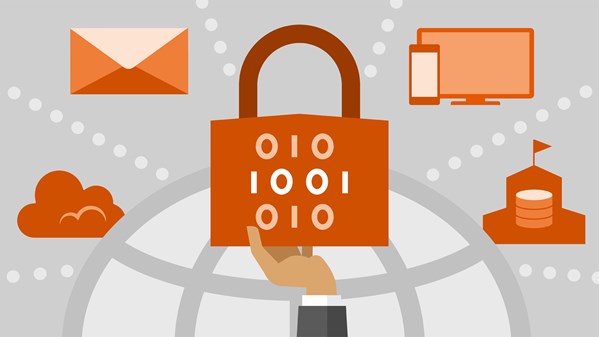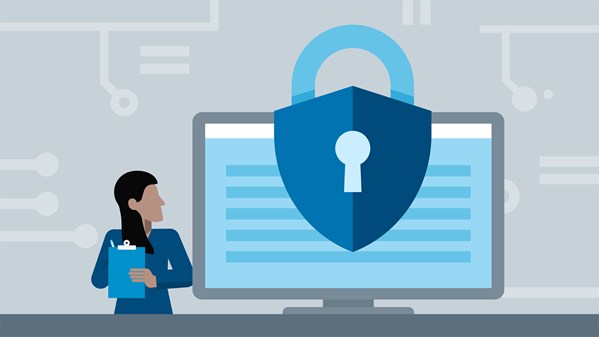
Cybersecurity can be daunting because of its technical complexity and the ever-changing threats that professionals must grapple with. And more than ever, cybersecurity is not just an IT issue, but a core business issue for organizations of all kinds. Just like other business issues—such as finance, legal, or human resources—cybersecurity has its own set of external policies, laws, rules, established practices, and resources for getting help. Getting to know these policies and resources better across your organization—and not just within your IT department—can be hugely beneficial to your company. This course seeks to make key cybersecurity policies and resources clear and understandable—whether you work in IT, in business, or are just interested in how information security fits in with our public policies and laws.

This course follows a proven methodology for conducting thorough and effective technical security audits and assessments based on guidelines from NIST. Learn how to develop the testing methodology essential for technical security reviews. Discover how to identify and analyze targets, use key technical testing tools, identify and mitigate findings, and more. Performing technical information security audits and assessments is essential to protecting information assets. By the end of this course, you'll know how to determine if your network is secure.
Topics include:
- Developing technical security assessments
- Conducting technical security reviews
- Identifying and analyzing targets
- Validating target vulnerabilities
- Planning a technical assessment
- Conducting a technical assessment
- Implementing remediation and mitigation

Though technology changes rapidly, the need to assure the confidentiality, integrity, authenticity, and accountability of information does not. Understanding the basics of cryptography is fundamental to keeping your networks, systems, and data secure. In this course, Lisa Bock reviews the historical and present-day uses of encryption, including techniques such as symmetric and asymmetric encryption, algorithms, and hashing. She also reviews message digest and passwords and discusses practical ways to apply cryptography to ensure data security and integrity. By the end of this course, you'll have a solid understanding of what it takes to move and store data securely.
Apply for this course
